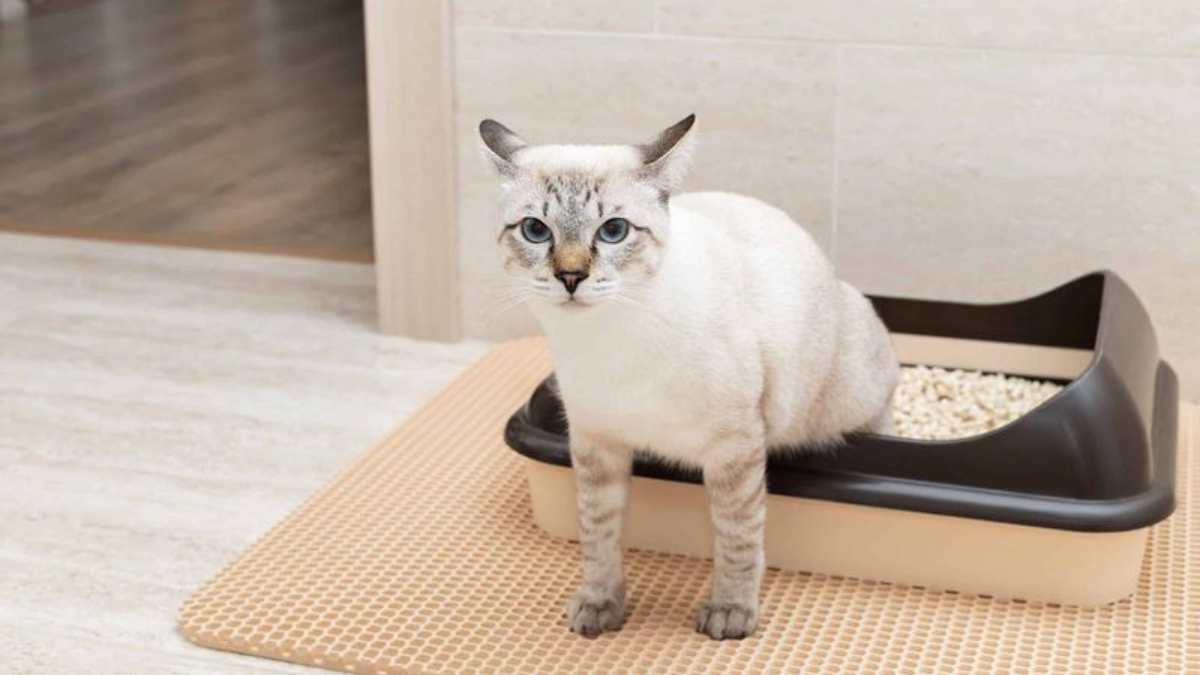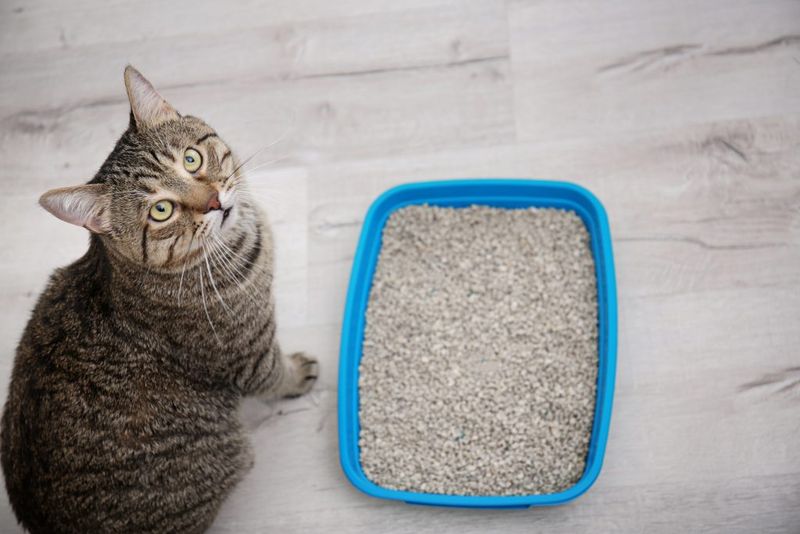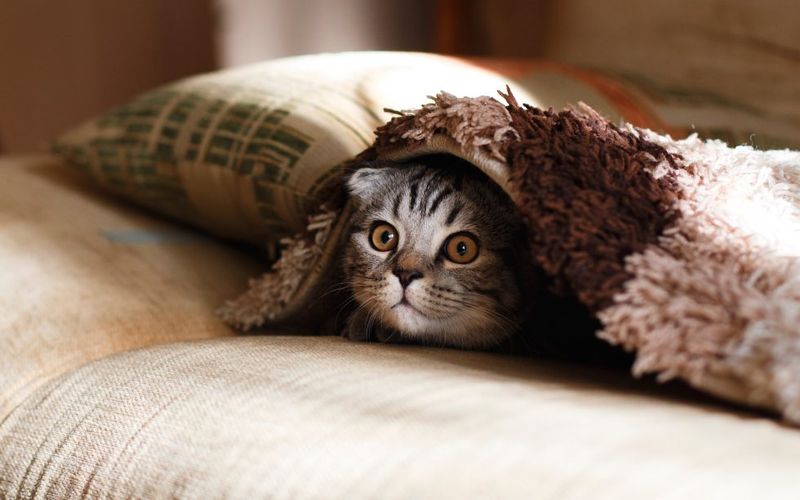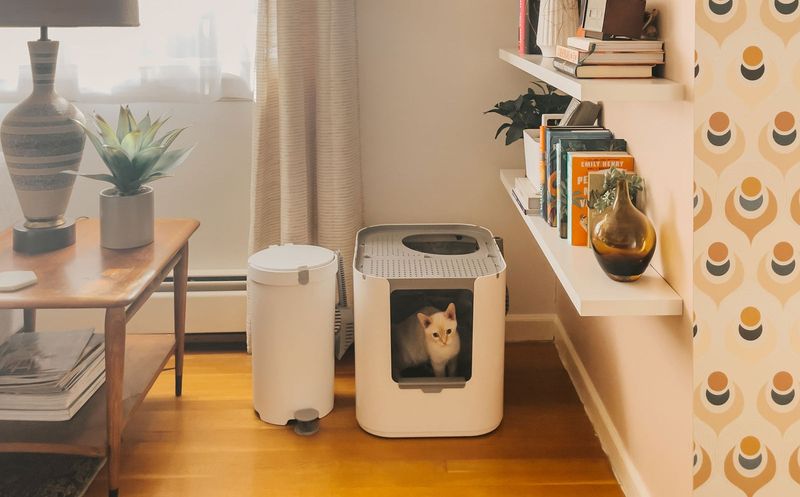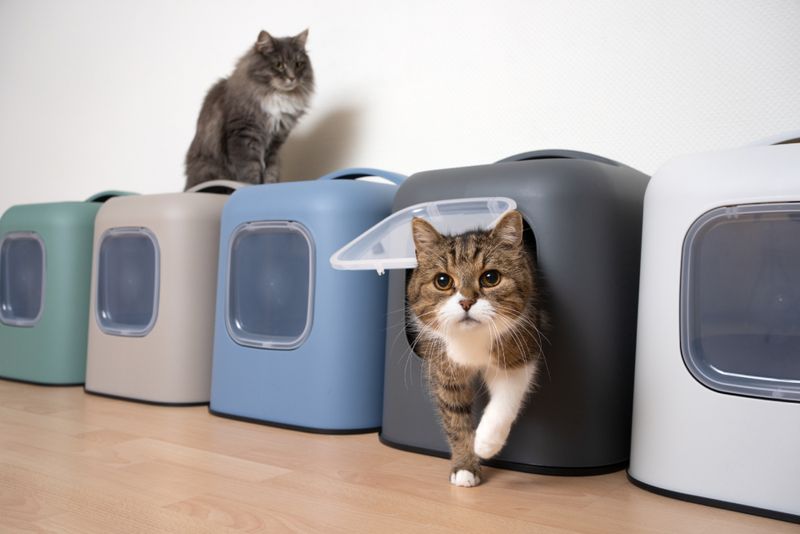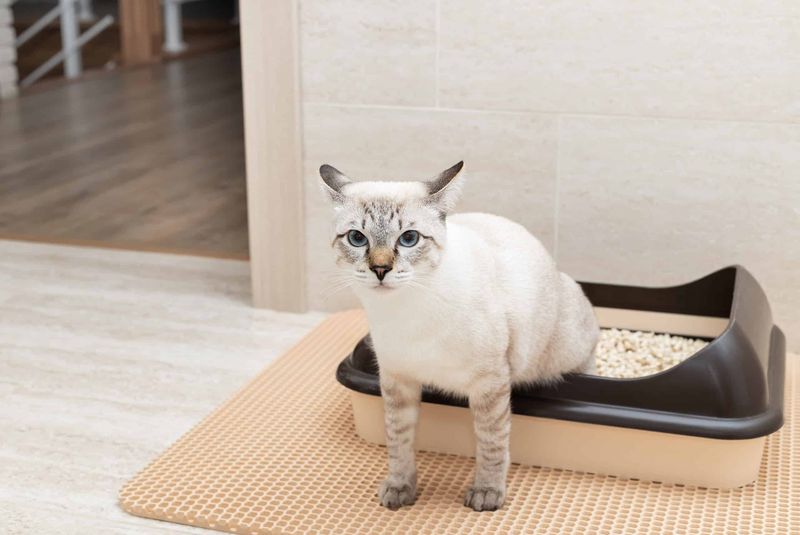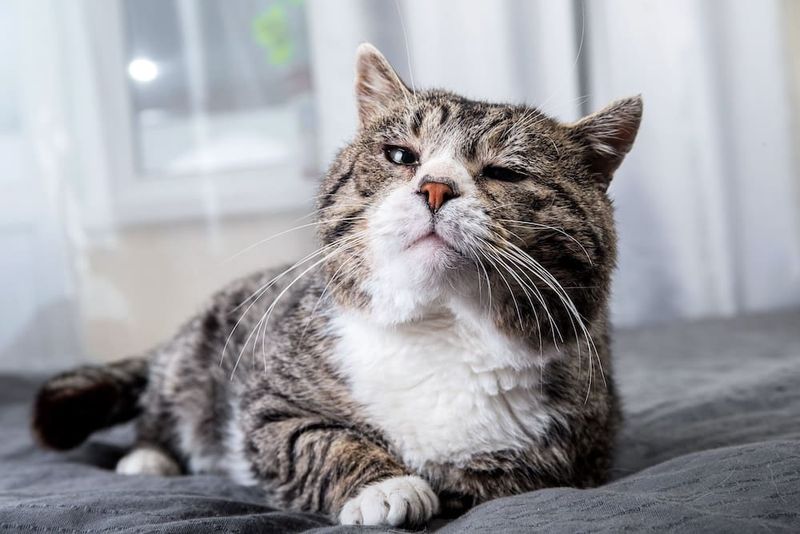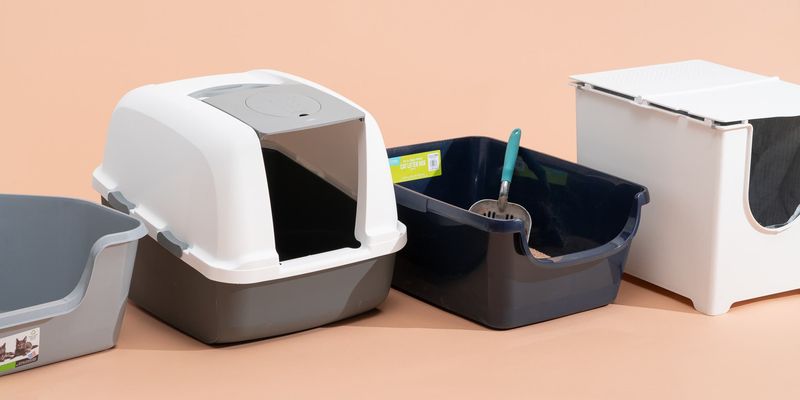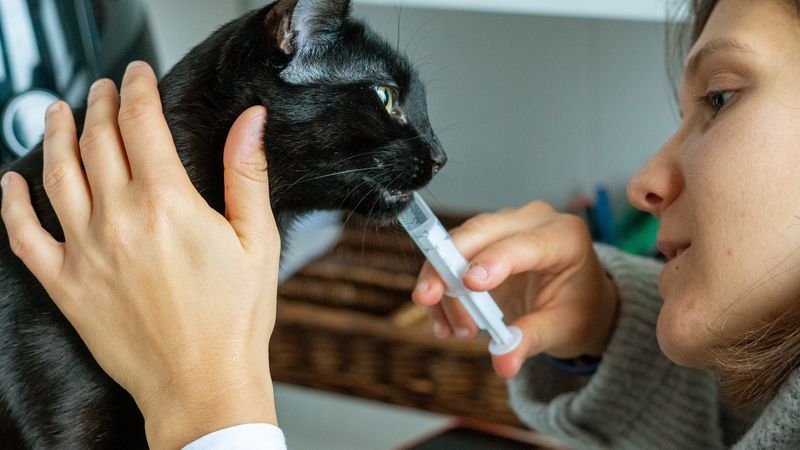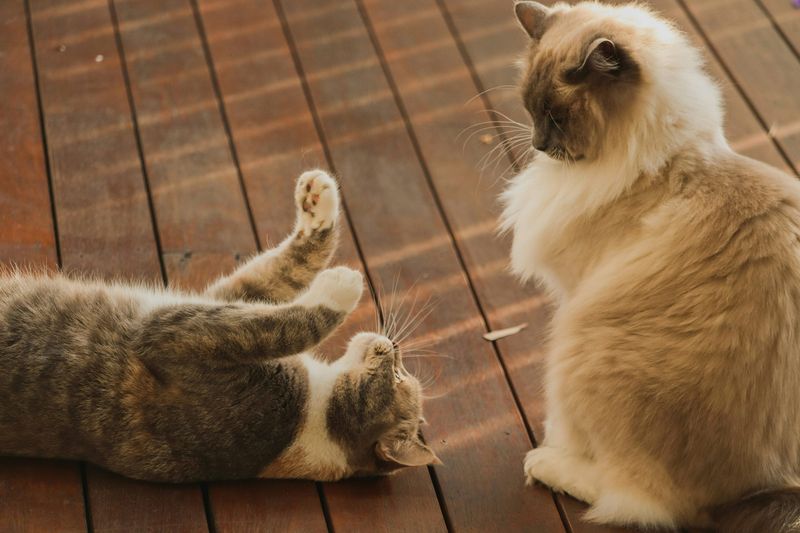📖 Table of Content:
Cats thrive on routine, and when they suddenly stop using the litter box, it can be puzzling for any pet owner. The reasons behind this behavior can vary widely, ranging from health issues to environmental changes. Identifying the cause is the first step toward resolving the problem and restoring harmony in the home.
Changes in your cat’s environment or daily routine can lead to sudden shifts in litter box habits. Stress, new household members, or even a different brand of litter can trigger this behavior. Understanding these triggers is key to helping your cat feel comfortable using the litter box again.
It’s not always an easy fix, but with the right approach, the issue can often be addressed. A combination of medical attention, environmental adjustments, and behavioral changes may be necessary. Knowing the surprising reasons behind this behavior can make all the difference in getting your feline friend back on track.
1. Health Problems
Is your cat avoiding the litter box? Health issues might be the culprit. Cats often hide their discomfort, but litter box avoidance can be a telling sign. Conditions like urinary tract infections or arthritis might make the litter box an unwelcome place.
Imagine your cat feeling the sting of a UTI or the ache of arthritis with every step. It’s essential to consult a vet if you suspect health problems. By addressing these underlying issues, you not only improve their quality of life but also encourage them back to their regular bathroom habits.
2. Dirty Litter Box
Cats are notoriously clean animals. If the litter box is not up to their standards, they might choose another spot. A dirty litter box, filled with clumps and odor, can drive your cat away.
Just as you wouldn’t want to use a filthy bathroom, neither does your cat. Regular cleaning can help. Scoop daily, and change the litter frequently. A fresh, inviting litter box is more likely to entice your cat back.
3. Stress and Anxiety
Like humans, cats can experience stress and anxiety. Changes in their environment, such as a new pet or moving house, might make them feel insecure. This anxiety often manifests in litter box avoidance.
Consider how unsettling it must be for your feline friend to face these changes. Providing a stable and comforting environment can make a world of difference. Encourage play and positive interactions to ease your cat’s stress.
4. Litter Preference
Surprisingly, some cats are picky about their litter. Texture, scent, or even the amount of litter can affect their willingness to use the box. Imagine how different surfaces feel under your feet; your cat might have similar preferences.
Experimenting with different types of litter could solve the problem. Offer choices and observe your cat’s preferences. A simple change might bring them back to the box.
5. Location of Litter Box
The location of the litter box can influence your cat’s habits. Placed in a noisy or high-traffic area, a cat might seek privacy elsewhere. Think about how you’d feel trying to relax in a busy, chaotic space.
Finding a quiet, accessible location for the litter box could encourage regular use. Privacy and peace can turn litter box time into a comfortable routine.
6. Number of Litter Boxes
Have you got enough litter boxes? In multi-cat households, sharing a single box might lead to territorial disputes. Each cat needs its own space.
Consider how you’d feel sharing a single bathroom with an entire household. Ensure there’s one litter box per cat, plus one extra. This simple strategy can reduce conflicts and encourage proper use.
7. Negative Associations
Cats might avoid the litter box due to negative experiences, like a loud noise. Imagine being startled every time you went to a specific place—wouldn’t you avoid it too?
Patience and positive reinforcement can help rebuild trust. Encourage your cat by associating the litter box with rewards and calmness. Gradually, they’ll return to the box without fear.
8. Old Age
As cats age, mobility issues might make using the litter box challenging. The elderly may find it difficult to climb in and out, leading to accidental falls.
Think about the importance of accessibility. A lower box or an easy-to-reach location can assist your aging cat. These adjustments can help them maintain independence and comfort.
9. Incorrect Size of Litter Box
The size of the litter box matters. Too small, and your cat might feel cramped and uncomfortable. Imagine trying to shower in a tiny, restrictive space—it’s not enjoyable.
Ensure the litter box is appropriately sized for your cat. Large, roomy boxes make the experience pleasant and inviting. Comfort in terms of space can encourage regular use.
10. Medical Treatments or Medications
Certain medications can influence your cat’s litter box habits. Changes in metabolism or bladder control might lead to unintended accidents.
Consider the side effects of necessary treatments. Consult your vet if you notice a correlation. Adjustments in medication or additional support might be necessary to encourage regular litter box use.
11. New Household Members
Introducing new members to the household, whether babies or pets, can unsettle your cat. They might assert their discomfort by avoiding the litter box.
Think about the sudden changes in dynamics. Gradual introductions and reassuring routines can ease the transition. Help your cat adapt by maintaining stability and affection.
